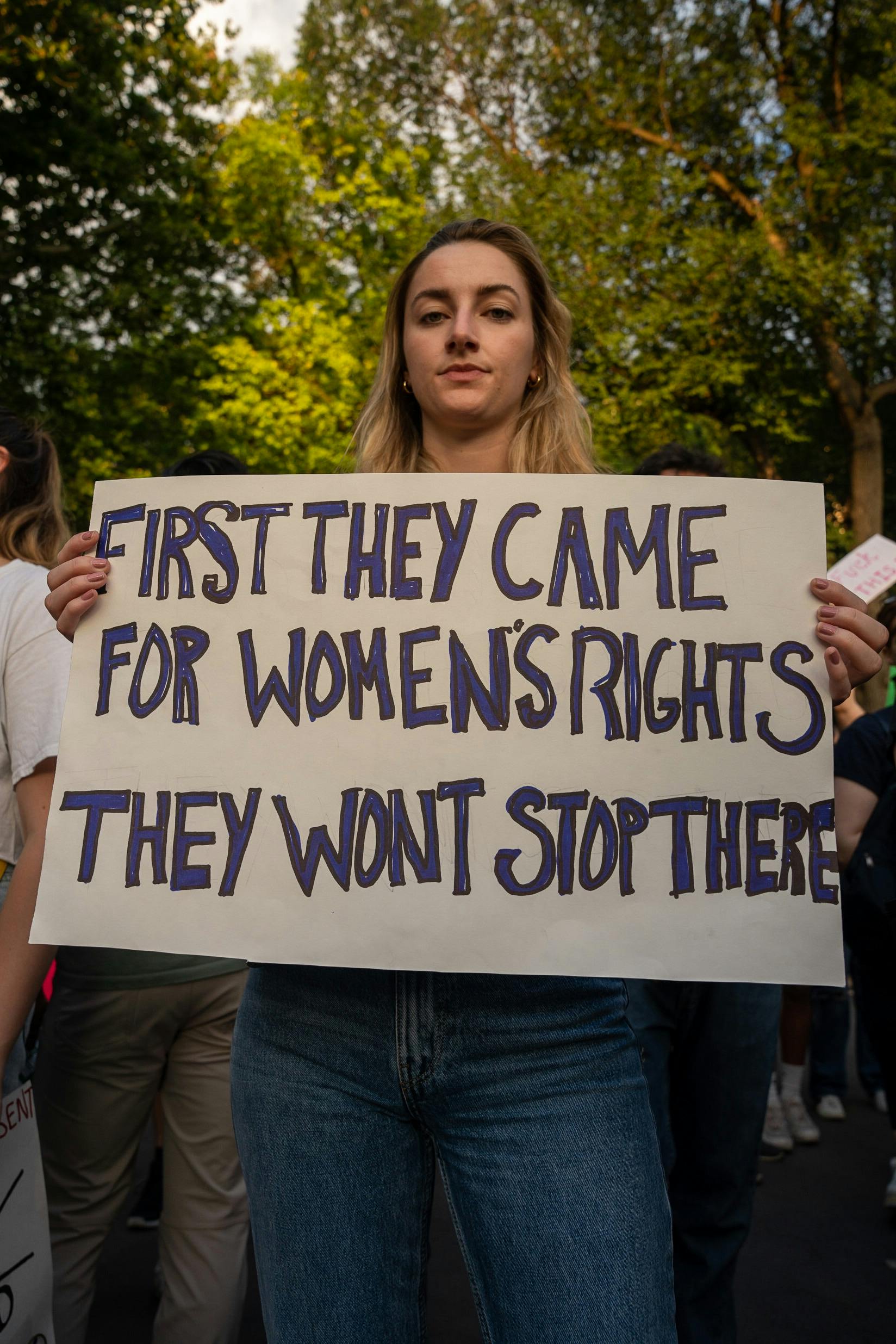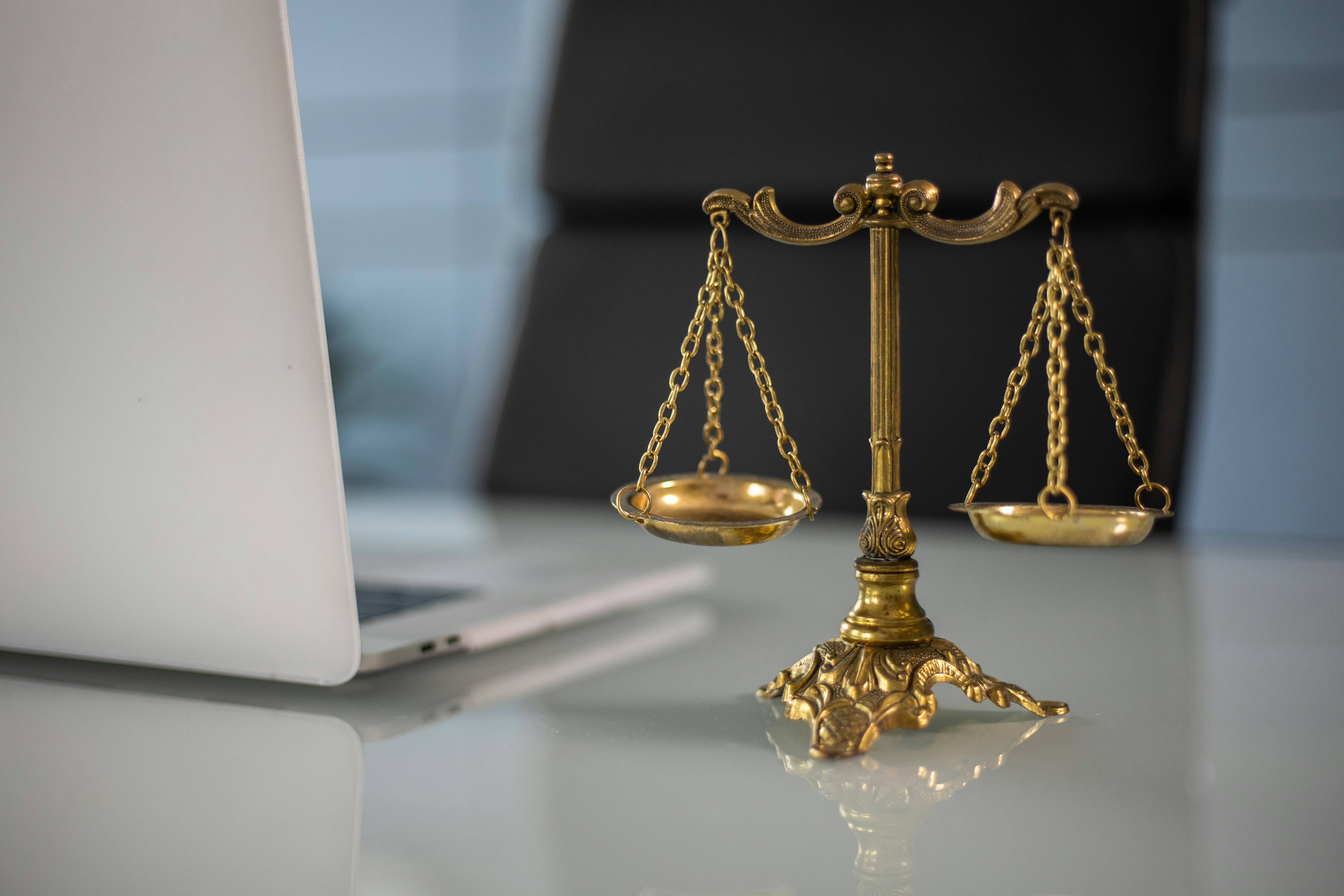Why Is Abortion a Political Issue?
It’s one of America’s deepest divides. But it’s about more than one procedure—it’s a battle over freedom, morality, and power.
The Abortion Debate in a Nutshell
-
A Legal Battleground
The fight is over whether abortion is a constitutional right or a state-level decision, defined by the shift from Roe v. Wade to Dobbs.
-
A Moral Divide
The debate is fueled by deeply held, often religious, beliefs about when life begins versus the right to bodily autonomy.
-
A Political Motivator
Abortion is a key issue for both Democratic and Republican voters, shaping elections from local races to the Supreme Court.
Why Is Abortion Such a Big Political Fight?
Abortion isn’t just a medical procedure. It's at the heart of one of America’s oldest and most emotional political battles. For some, it's about personal freedom. For others, it's about protecting what they see as a human life. Because people disagree so deeply—and those beliefs often align with political parties—it has become one of the most defining issues in American politics.

It All Goes Back to Roe v. Wade
Before 1973, abortion was mostly illegal in the U.S., with each state making its own rules. Then came Roe v. Wade, a landmark Supreme Court ruling that established a constitutional right to abortion. The Court decided that a woman's right to privacy included the right to make decisions about her own body, at least during the early months of pregnancy.
This didn’t settle the issue. If anything, it ignited it. People who were against abortion—the pro-life movement—began a decades-long fight to overturn the decision. Those who supported access to abortion—the pro-choice movement—rallied to defend Roe as the law of the land.
The Reversal: Dobbs v. Jackson
In 2022, the Supreme Court reversed Roe v. Wade in a case called Dobbs v. Jackson Women’s Health Organization. The new ruling stated that the Constitution does not protect the right to abortion, giving each state the power to set its own abortion laws. Many conservative states moved quickly to ban or severely restrict the procedure.
This ruling turned up the heat on the political fight. Now, access to abortion depends entirely on where you live, making state and federal elections more critical than ever.

How Politics Shapes Abortion Laws
Federal vs. State Power
With Roe gone, the power swung back to the states. This means state legislatures—politicians elected at the local level—now decide what abortion rights people have. This has created a patchwork of laws across the country and intensified the focus on state-level politics.
The Role of Political Parties
In general, the Democratic Party supports a woman’s right to choose. Most Democrats believe in keeping abortion legal and safe. The Republican Party is largely anti-abortion or pro-life, seeking to ban or restrict it. These have become core planks of each party's platform.
Religious and Moral Beliefs
The political debate is deeply fueled by religious and moral convictions. Many who oppose abortion do so from a belief that life begins at conception. Others see access to abortion as a fundamental human right and a matter of health, dignity, and personal freedom.
Abortion as a Form of Control
In books like Policing the Womb by Michele Goodwin and Controlling Women by Kathryn Kolbert and Julie F. Kay, the authors argue that laws limiting abortion are a form of political control over women's bodies and lives, disproportionately affecting women of color and those with low incomes.
What’s at Stake Now?
The battle over abortion isn’t slowing down. Some politicians are pushing for a national abortion ban, while others want federal laws to protect abortion rights everywhere. Organizations like Planned Parenthood continue to fight legal battles in the states. Because Supreme Court justices serve for life, their decisions can shape American politics for generations, making every presidential election a fight for the future of the court.

Why Should You Care?
Regardless of your personal views, abortion laws impact everyone. They raise fundamental questions about bodily autonomy, healthcare access, and the role of government in our personal lives. These are key issues in any democracy.
The Bottom Line
Abortion is political because it brings law, religion, health, and human rights into direct conflict. It divides political parties and voters, and it shifts with court rulings and elections. After the fall of Roe v. Wade, the future of abortion access in America depends on who holds political power—making it more important than ever to understand the issue and make your voice heard.
Where do you stand on this issue?
Your views on abortion are a significant part of your political identity. Find out how they fit into your overall political profile by taking our AI-powered test.
Take the Free Test The Global Shift Network
The Global Shift Network